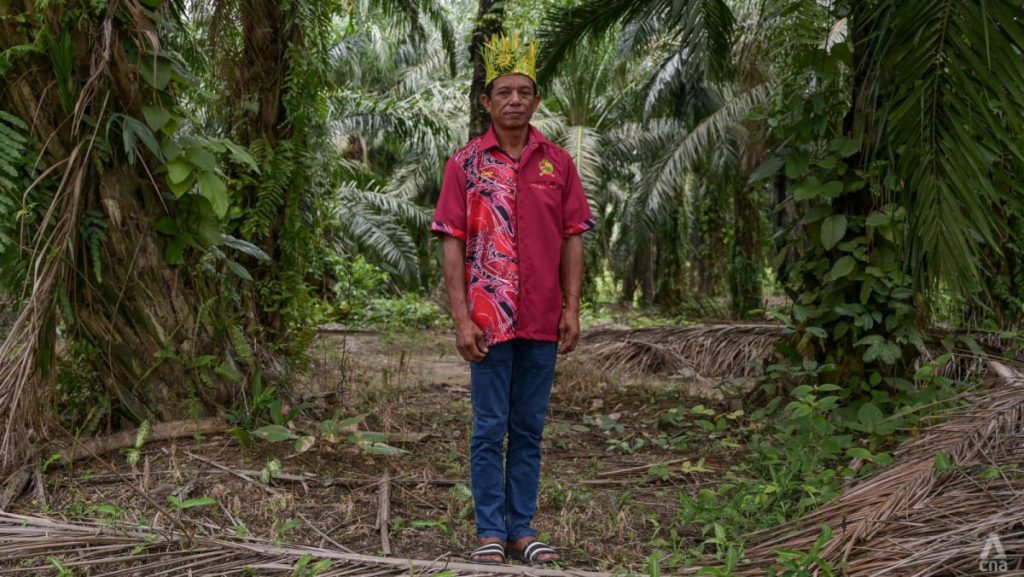The Federal Constitution of Malaysia protects the rights of indigenous people, including proprietary interest in their land. However, the National Land Code 1965 states that all land is considered state land unless it has a documentary land title, is reserved for a public purpose, or has a mining permit. This means Orang Asli customary territories without land titles or reservation status are classified as state land, allowing states to issue private land titles potentially to developers or individuals.
According to a 2016 report by Friends of the Earth Malaysia and the Orang Asli Network of Peninsular Malaysia, the gazetting of Orang Asli land as state land can lead to conflicts and encroachment. Orang Asli lawyer and activist Mr Amani Williams-Hunt Abdullah, known as Bah Tony, highlighted the importance of parties intending to acquire state land to check for existing inhabitants and activities first. In a legal case in 2015, land in Kampung Senta, home to the Semai tribe of Perak, was leased to a private corporation despite the presence of a government school there, leading to eviction notices and legal action against the Semai villagers.
The practice of issuing private land titles on Orang Asli customary land without proper consultation or consideration of existing inhabitants has led to multiple disputes and conflicts. Mr Amani emphasized the importance of respecting indigenous rights and ensuring proper consultation before alienating their land. The conflict in Kampung Senta is just one example of this issue, where Orang Asli communities have faced eviction and legal action for living on land leased to private corporations.
The situation highlights the ongoing struggle of indigenous communities in Malaysia to protect their land rights and prevent encroachment by external parties. The lack of proper consultation and consideration of existing inhabitants when issuing land titles can lead to conflicts and legal battles, threatening the livelihoods and well-being of indigenous peoples. It is crucial for the government and relevant stakeholders to recognize and respect indigenous land rights and ensure proper consultation and consent before any land alienation takes place.
Efforts to address these issues and protect indigenous land rights are ongoing, with organizations like Friends of the Earth Malaysia and the Orang Asli Network of Peninsular Malaysia advocating for the rights of indigenous communities. Legal cases and conflicts like the one in Kampung Senta serve as examples of the urgent need for greater protection of indigenous land rights and stricter regulations to prevent the alienation of their customary territories without proper consultation. It is essential for all parties involved to work together to address these issues and ensure the protection of indigenous land rights in Malaysia.


